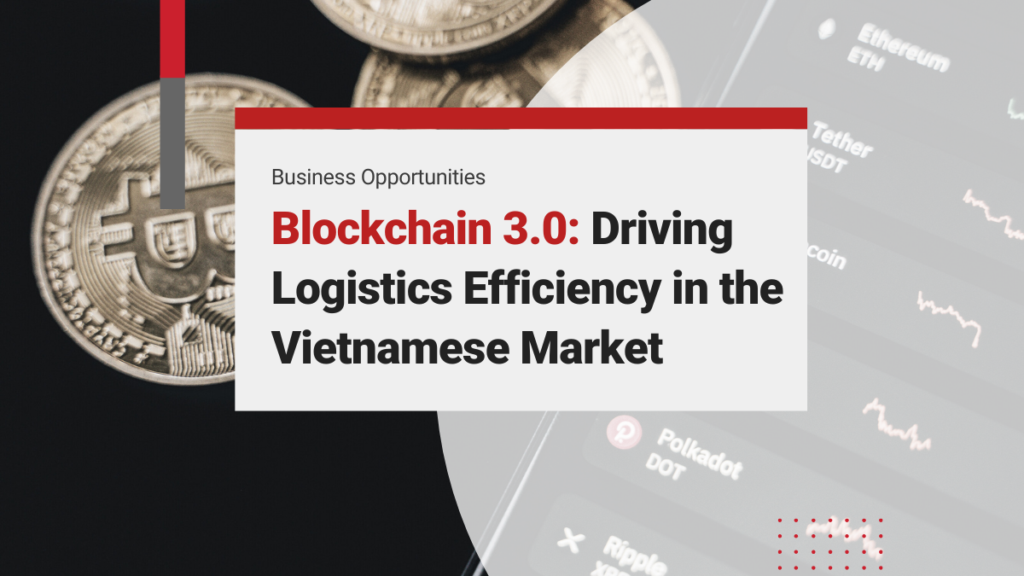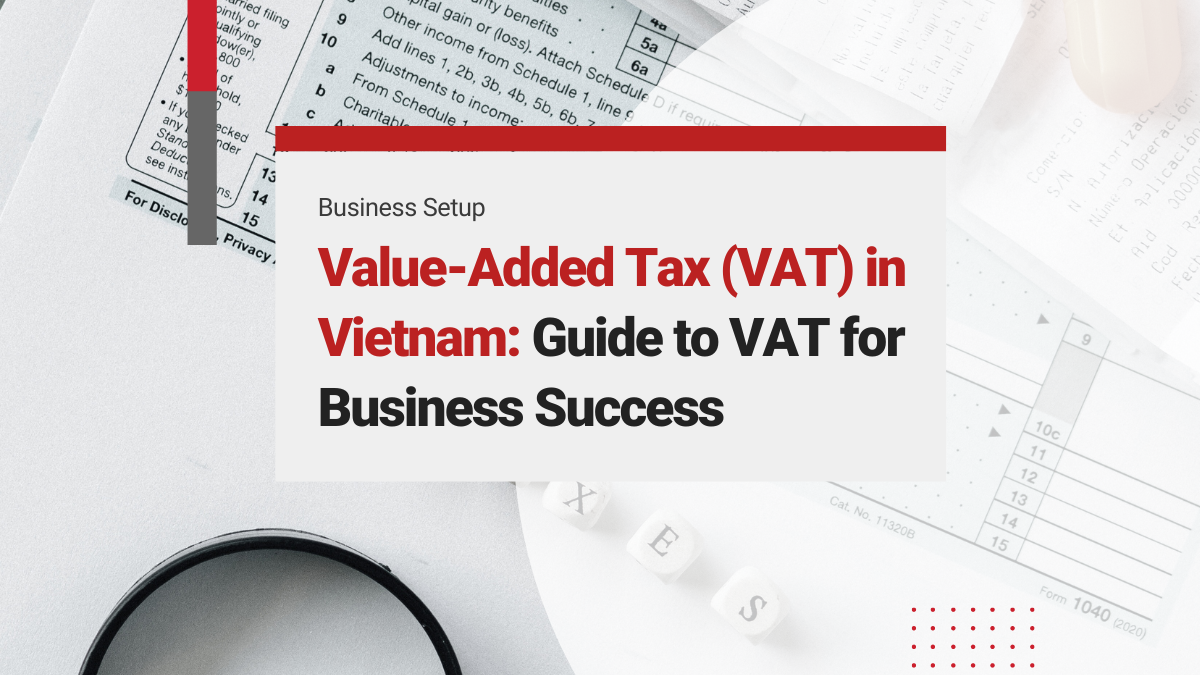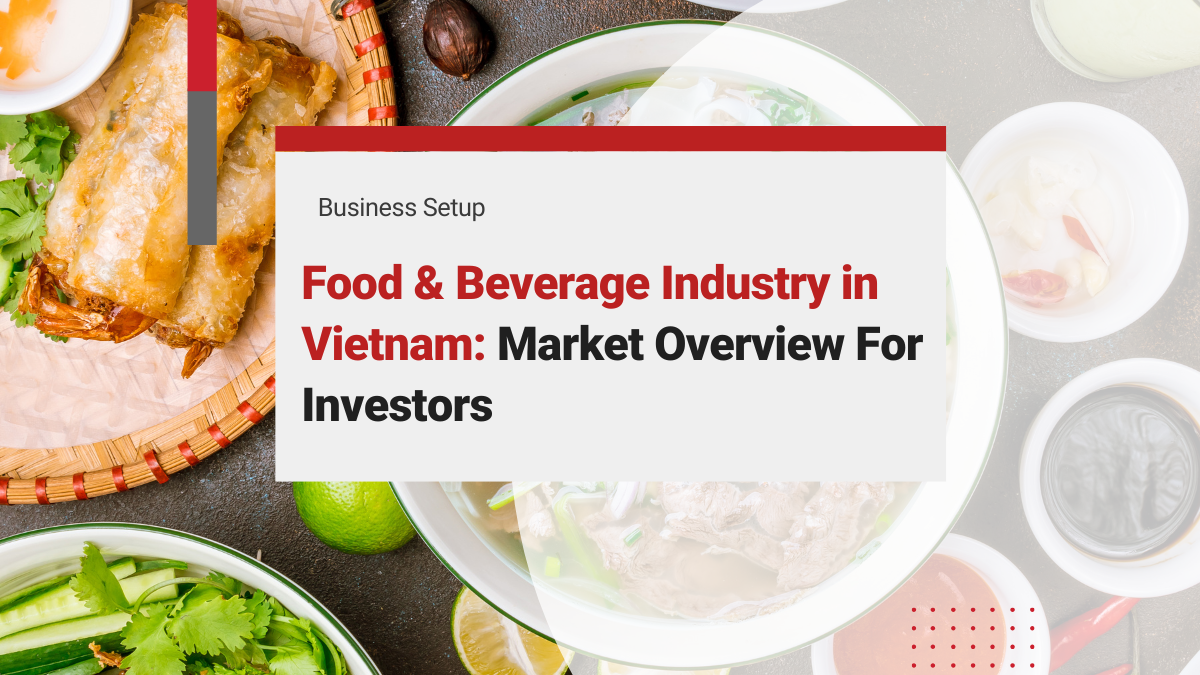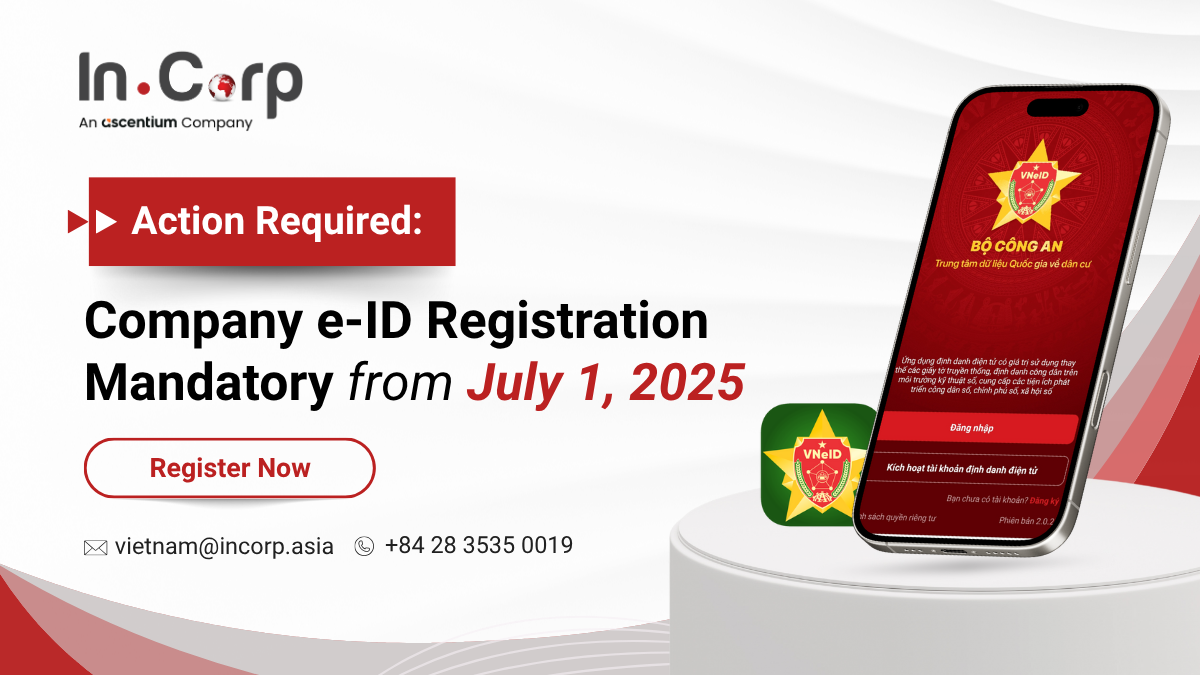Blockchain is a powerful technology that is transforming our digital world. Originally introduced through Bitcoin over a decade ago, it has evolved into a game-changing innovation. What makes blockchain unique is its ability to prevent replication or forgery, a remarkable feat in the digital age. While Bitcoin was designed as a digital currency, blockchain now has the potential to revolutionize industries—from health record management to cybersecurity.
A major breakthrough occurred in 2014 with the arrival of Ethereum, another blockchain that brought “smart contracts” programs that execute agreements. However, like all emerging technologies, blockchain has faced challenges, including slow processing speeds, complexity, and high implementation costs. These issues became evident in countries like Vietnam, where blockchain showed great potential but encountered typical adoption barriers.
The good news is that we are now entering Blockchain 3.0, where these limitations are being addressed. As the world becomes increasingly digital, investors from around the globe are recognizing blockchain’s potential. It’s fascinating to see how a technology that started as a digital currency solution is now reshaping how we create, share, and exchange value in countless ways.
Investing in Blockchain in Vietnam? Explore InCorp Vietnam’s Business Setup Services Now!
Introduction to Fundamentals of Blockchain 3.0
Blockchain technology has progressed through three significant phases. The first phase introduced Bitcoin (Blockchain 1.0), followed by Ethereum, which brought smart contracts into the mix (Blockchain 2.0). Now, we are in the era of Blockchain 3.0, an enhanced version that addresses many of the shortcomings of its predecessors.
A key drawback of the earlier blockchains, such as Bitcoin, was their ability to handle transactions sequentially. Picture a single-lane road where vehicles can only move one after the other. That is the operational model of Bitcoin. Each block of transactions takes around 10 minutes to process, which falls short of the efficiency required in today’s world.
Blockchain 3.0 addresses this issue by implementing side chains. Instead of relying on a single pathway, it has several parallel roads that also allow traffic to move. This setup enables various transactions to occur simultaneously across different chains, significantly enhancing speed and efficiency.
The key improvements that make Blockchain 3.0 special are:
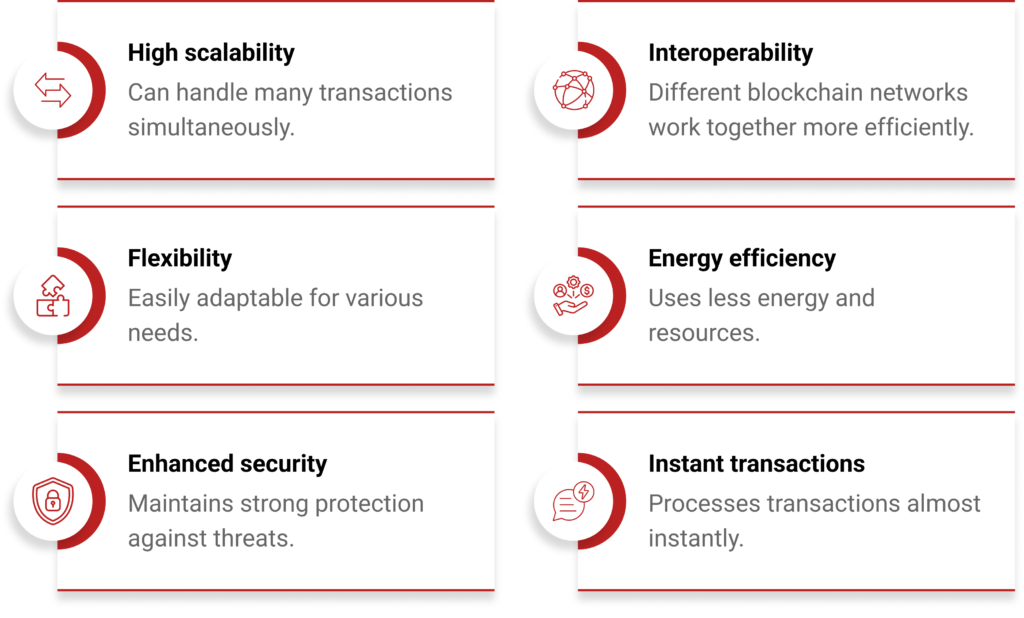
Blockchain 3.0 combines the best parts of the older versions while adding new features:
- It keeps the secure data storage which is a feature taken from Blockchain 1.0
- It maintains the smart contracts which is a feature taken from Blockchain 2.0
- It runs on cloud platforms provided by major companies like Amazon, Microsoft, and Google
- It uses a new open protocol that anyone can access
- It introduces “Blocklet,” which lets computers work together directly without needing a central server
What makes the Blockchain landscape exciting is its user-friendly nature, allowing individuals to create their own custom blockchains. Imagine it as a toolkit that empowers you to build a digital system tailored to your specific needs. This technology is poised to serve as the foundation for future blockchain platforms, enhancing accessibility, speed, and power for everyone involved.
In Blockchain 3.0, the flow of information remains one-directional, similar to earlier versions, meaning that once transactions are recorded, they cannot be reversed. This characteristic aids in data compression and processing, which is essential for managing large volumes of information efficiently.
This new iteration of blockchain technology marks a significant advancement in making blockchain more practical and accessible for everyday use, all while preserving the security and reliability that initially made blockchain so valuable.
Read Related: Future-Ready Digital Infrastructure Strategy Approved for 2025 in Vietnam
Blockchain Landscape in Vietnam
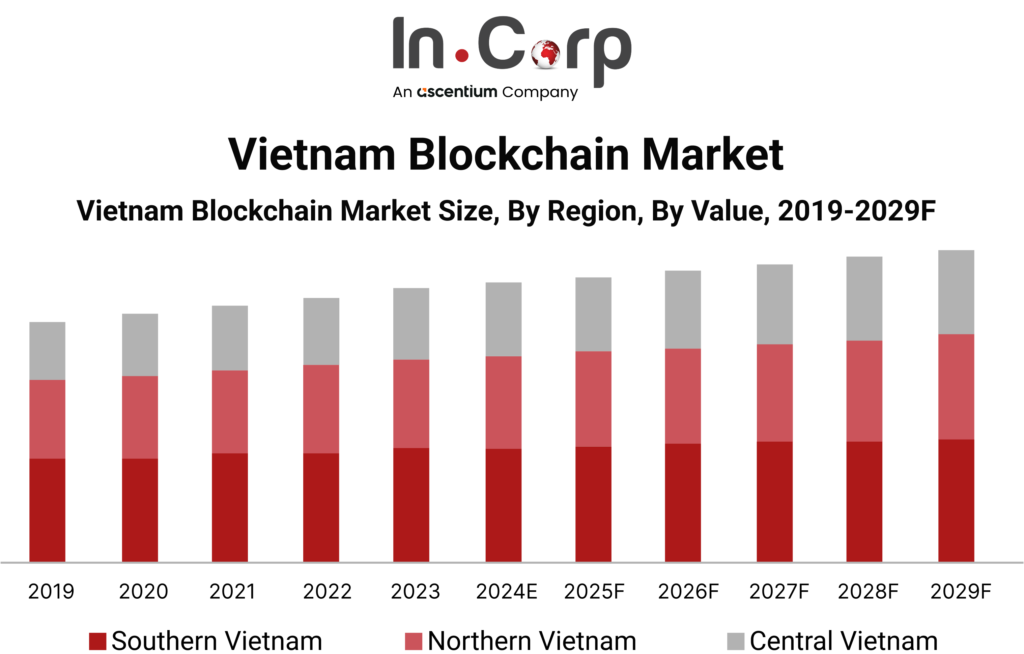
Vietnam is experiencing rapid growth in the blockchain sector. As of 2023, the market value stands at US$350 million, with an anticipated annual growth rate of 17.4% through 2029. This expansion is largely attributed to government support, which not only backs the blockchain industry but also encourages digital transformation. The government is actively creating favorable regulations for blockchain and is also developing guidelines for the cryptocurrency sector.
Ho Chi Minh City and Vietnam’s Capital City Hanoi, the two major cities in Vietnam, host a variety of blockchain startups and established firms. Notable companies like TomoChain, Axie Infinity, and Kyber Network originated in Vietnam. The country boasts the fastest adoption rate of blockchain technology and has been ranked among the top three nations for cryptocurrency adoption from 2021 to 2023. Additionally, Vietnam holds the seventh position globally for blockchain investment and has the highest number of Metamask wallet users worldwide.
GM Vietnam 2024 recently took place in Ho Chi Minh City, drawing an impressive crowd of 12,000 attendees, featuring 130 speakers and 125 investment funds. This turnout highlights the strong interest and commitment of individuals in the blockchain industry. The technology is revolutionizing various sectors across Vietnam, including finance, banking, supply chain, healthcare, and real estate, all of which are leveraging blockchain to enhance transparency, efficiency, and security in their operations.
Vietnam stands out due to its robust government support, a thriving startup ecosystem, and increasing adoption across multiple industries. The government actively promotes digital transformation and has established a favorable regulatory environment for blockchain. As technology continues to evolve, Vietnam is well-positioned to emerge as a significant player in the global blockchain arena, attracting international investments and partnerships.
Read Related: Vietnam’s ICT Industry: A Dynamic Market for Foreign Investment
Challenges and Opportunities in the Vietnamese Blockchain Landscape
Opportunities
Enhanced Transparency and Traceability
Blockchain is a digital diary that logs every stage of a product’s journey, and once it is recorded, those entries cannot be altered or deleted. This allows blockchain logistics companies to monitor everything with total precision, much like having a reliable observer overseeing each phase. When everyone can view the process in real time, it simplifies decision-making and fosters trust among all parties involved.
Increased Efficiency and Reduced Costs
Blockchain functions like a smart assistant that automates paperwork. Rather than sorting through piles of documents and checking everything by hand, the system takes care of it automatically using smart contracts. It is akin to having an incredibly efficient secretary who is always accurate and available around the clock. As a result, companies can dedicate less time to paperwork and focus more on the actual movement of goods, leading to significant savings in both time and money.
Improved Security and Fraud Prevention
Imagine having a vault where everything stored inside is completely tamper-proof – that is how blockchain protects information in logistics. Once data is recorded, it can not be changed without everyone knowing about it. This makes it nearly impossible for anyone to cheat the system or steal sensitive information. It is like having an unbreakable lock on all your valuable business information.
Faster Customs Clearance
Blockchain simplifies the customs process for moving goods, similar to having a fast pass at an amusement park. Rather than waiting for paperwork to be checked and verified manually, blockchain provides customs authorities with all the required information in real time. As a result, shipments spend less time at borders and more time on their way to their destination.
Read Related: Your Simple Guide to Customs Procedures for Vietnam Import & Export
Enhanced Collaboration and Data Sharing
Blockchain established a common platform that all the stakeholders extend across the supply chain of goods, from the suppliers to shippers and retailers. It is like having all the people grouped in a single office, all directed to the same file, but in the electronic version. As such, this arrangement helped eliminate confusion and everyone worked with the most current and accurate data in the process. Combined, these benefits provide a more contemporary and effective means of an organization’s transporting and distribution of products across the globe.
Challenges
Scalability Issues in Blockchain Logistics
As the demand for storage and processing increases, the system can begin to lag—much like a computer that slows down when overloaded with too many applications. This can lead to shipping delays and reduce overall efficiency.
Integration Challenges with Existing Systems
Think about the challenge of connecting a modern smartphone to an outdated landline system. This is akin to the difficulties companies encounter when attempting to integrate blockchain technology with their current shipping and tracking systems. While it is certainly achievable, it demands significant effort and meticulous planning to ensure everything operates seamlessly together.
Regulatory and Legal Uncertainties
The regulatory blockchain landscape resembles playing a game with varying rules in different countries. Each region has its own regulations regarding the use of blockchain in shipping and logistics, making it challenging for companies that operate internationally to remain compliant in all the areas where they conduct business.
High Implementation Costs
Implementing blockchain is akin to renovating a whole house – it can be costly and demands significant adjustments. Companies must invest in new equipment, train their employees to use it, and frequently overhaul their current processes entirely. This poses a particular challenge for smaller shipping companies that may have limited budgets for new technology.
Data Privacy and Security Concerns
Data privacy and security problems are like keeping precious things in a see-through safe. However, blockchain provides great security, companies need to be careful about what information they decide to keep on it because everything written down on it is forever. It is super important for them to safeguard sensitive business stuff and financial details while also maintaining the openness that makes blockchain so useful. These issues do not lessen the worth of blockchain in logistics, but they are key elements that businesses need to think about when figuring out how to use this technology in their work.
Read Related: The Developing IT Industry in Vietnam: Update 2025
Key Market Trends for the Blockchain 3.0 Era
Here are the key market trends for the blockchain 3.0 era:
Non-Fungible Tokens
NFTs (Non-Fungible Tokens) are gaining traction in Vietnam’s blockchain scene. You can think of them as unique digital certificates that verify your ownership of something special—whether it is a piece of digital art, music, or even virtual real estate. It is akin to having a certificate of authenticity for a rare painting but in a digital format.
In Vietnam, artists and creators are utilizing NFTs to promote and sell their digital creations directly to fans. This method allows them to benefit from their artistic abilities while giving buyers assurance of ownership of an original piece. It is much like the distinction between having an original painting and just a print—the NFT serves as proof that you own the authentic item.
Central Bank Digital Currencies
Central Bank Digital Currency is a digital form of traditional currency like cash, which is issued by central banks, not private companies. Vietnam wants to explore CBDC, as this digital currency can increase efficiency, decrease costs, and make transactions transparent for everyone. However, as the advantages grow, there will be difficulty in ensuring that the government does everything in its power to provide adequate answers to burning issues like privacy and cybersecurity.
Such CBDC will enhance cross-border payments and facilitate financial access for the unbanked. It offers greater visibility and accountability concerning monetary policy.
Blockchain and the Internet of Things
The Internet of Things (IoT) produces a significant amount of data that aids in processing, accelerates optimization, and enhances decision-making. However, alongside these advantages, IoT also encounters challenges related to privacy. This is where blockchain technology comes into play, offering a secure framework for recording and sharing IoT data, which fosters interactions between devices and stakeholders.
Decentralized Finance
The growing interest in DeFi, or decentralized finance, in Vietnam, is becoming increasingly evident. Many individuals are now turning to alternative computer-based programs that operate on blockchain technology rather than relying on traditional banks.
Prospects of Vietnam’s Blockchain Landscape: Becoming a Global Hotspot
Vietnam presents quite a paradox. It is ironic that over half the Vietnamese population does not have formal bank accounts, yet most of them have access to smartphones. This creates a fertile ground for innovative financial services that leverage blockchain technology through mobile apps, eliminating the need to visit physical banks.
The greatest advantage this technology could provide is that it would help many Vietnamese who currently cannot access basic banking services to save, build credit, and obtain loans. This is particularly exciting for Vietnamese businesses since they could tap into a potential base of millions of borrowers relying on informal ways of accessing finance.
The Vietnamese development community, known for its exemplary skills in coding and electrifying tech space, is now looking at alternative applications for blockchain apart from cryptocurrency. By looking into real, workable financial solutions, Vietnam has the ability to place itself at the forefront of blockchain technologies in Asia- whence other countries owe their label of excellence to specific technology or innovation.
Investing in Blockchain in Vietnam? Explore InCorp Vietnam’s Business Setup Services Now!
Conclusion
Blockchain technology has begun to disrupt how businesses are executing their supply chains and logistics. This allows companies to operate efficiently based on secure connection providing enhanced transparency where everyone is allowed to modify information. Smart contracts help create faster and smoother payments and deliveries while addressing a few challenges that lie ahead, notably scaling the technology to support more transactions.
Companies that embrace blockchain technology today can create and maintain invaluable competitive advantages. Moreover, it gives rise to more reliable and transparent supply chain operations. This technology is becoming an important asset in the modernization of logistics and optimizing the ways in which goods are shipped globally.

clients worldwide

professional staff

incorporated entities in 10 years

compliance transactions yearly
